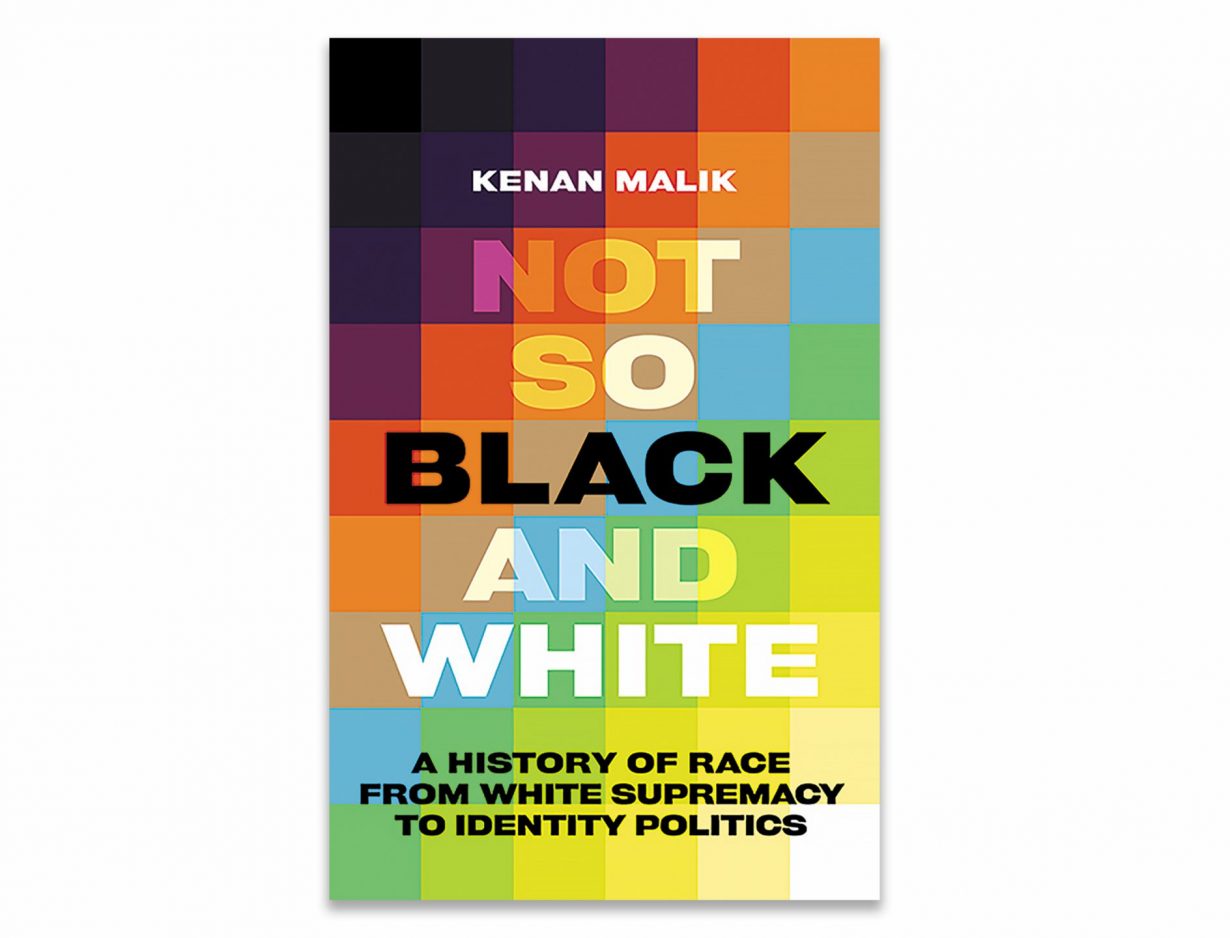Kenan Malik examines centuries of racial thinking and its recent reverberation

‘Race did not give birth to racism. Racism gave birth to race,’ British commentator Kenan Malik declares at the start of his original and ambitious rethinking of the history of the politics of race, from slavery to Black Lives Matter. In contrast to much contemporary antiracist thinking that is fixed on the seemingly eternal presence of ‘whiteness’ to understand racism’s persistence, Malik argues, one needs to understand the shifting fortunes of the politics of class, within the epoch-defining claims of the Enlightenment – its assertion of universal human rights and human equality – and the decline of its ideals over the last two centuries.
The modern concept of race only exists, paradoxically, Kenan asserts, because of the appearance of the concept of equality, born out the social and intellectual revolutions of the early modern period and the Enlightenment. Yet as Malik points out, even while the American Founding Fathers declared that ‘all men are created equal’, ‘those same revolutionaries wished also to limit the claims of equality, denying the most basic of rights to slaves, free blacks, women and workers’. While eighteenth-century white Europeans paid lip service to equality, social and economic reality would suppress it in practice. Key to Malik’s account is that, for the most radical among the Enlightenment revolutionaries (he distinguishes between ‘radical’ and ‘moderate’ Enlightenments), ‘the abolition of slavery, universal suffrage, uplift of the working class and diminution of property rights were all wrapped together’.
Malik brilliantly surveys the ensuing century of reaction by Western ruling classes against this potentially combined threat. Race was ‘invented’, to become ‘the medium through which many of the contradictions of modernity came to be understood’. Capitalist societies could not return to the feudal and hierarchical orders they had themselves abolished, so ‘racial ideology was the inevitable product of the persistence of differences of rank, class and peoples in a society that had accepted the concept of equality.’
Malik shows that ‘race’ was, at the outset, not simply about skin colour. As he points out, the idea of ‘racial’ inequality would be applied interchangeably to working-class people, and to the grotesque pseudoscientific stratifications of what would now be seen as ‘white’ groups. And while slavery was formally abolished, and America fought its Civil War over the issue, the ideology of race would be reworked to justify the West’s imperial conquests. ‘Scientific’ racism led to global imperial slaughter, Jim Crow and eventually, back in the home of the Enlightenment, to the Nazi gas chambers.
The ‘radical’ Enlightenment’s real champions in the twentieth century, Malik argues, were the organised working classes in the West, and the anticolonial movements in the South and East. But in recent decades, the ghosts of racial thinking have reappeared in ‘cultural’ guise. We may reject the idea of biological difference, but Malik argues that people see themselves increasingly as attached to their racial ‘identity’, understood as their ‘culture’. Malik perceptively frames the left’s recent turn to ‘stay in your lane’ identity politics as an unwitting echo of the nineteenth-century right’s ‘cultural identity’ arguments against universalism, since ‘for many today, the only form of collective politics that seems possible is that rooted in identity’. ‘To transcend race, to break the bounds of identity politics,’ Malik concludes, ‘requires us to resurrect radical universalism not as an idea but as a social movement.’
Not So Black and White: A History of Race from White Supremacy to Identity Politics by Kenan Malik. Hurst, £20 (hardcover)